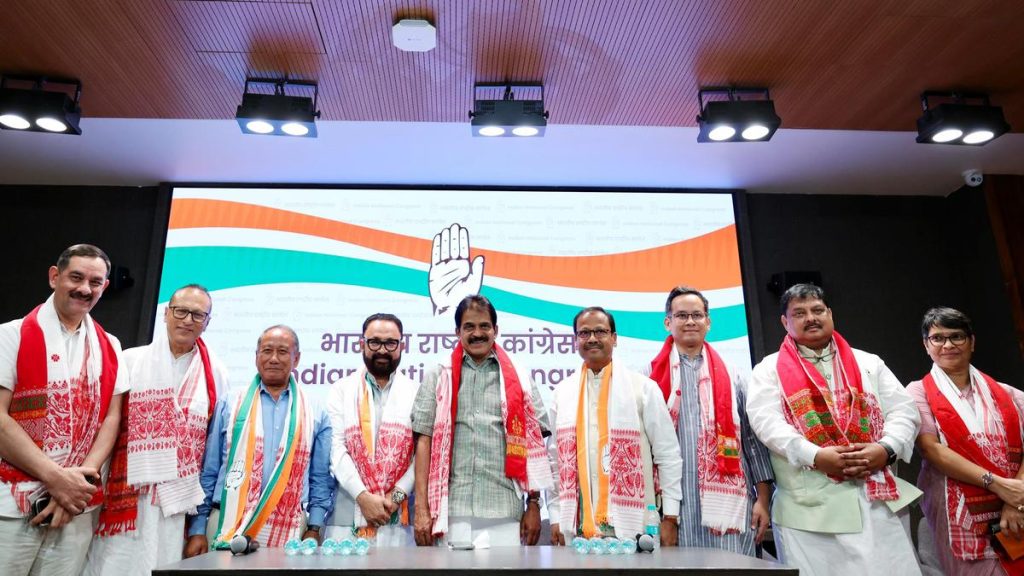Now Reading: Protests Escalate Against Poultry Waste Plant
-
01
Protests Escalate Against Poultry Waste Plant
Protests Escalate Against Poultry Waste Plant

Fast Summary
- Residents of Kattippara panchayat, Kozhikode district, intensified their protests against Fresh Cut Organic Products Pvt Ltd on September 7, blocking vehicles carrying poultry waste and launching day-and-night demonstrations at the plant premises.
- The poultry waste rendering plant has been accused of causing pollution, including foul smells affecting over 4,000 families and alleged contamination of the Iruthulli River.
- The Iruthulli River Protection Public Committee claims the plant is operating at nearly ten times it’s permitted capacity (processing 200 tonnes daily instead of the allowed 20 tonnes).
- Despite Kattippara panchayat refusing to renew its trade license citing public difficulties, operations continued with clearance from Kozhikode’s District Level Facilitation and monitoring Committee (DLFMC).
- Earlier attempts to shut down the plant were unsuccessful, as residents allege no corrective action was undertaken after prior assurances in May 2025.
- Protesters are demanding stricter adherence to operational limits and relocation away from riverbanks while urging authorities to approve more similar plants across Kozhikode district to distribute processing loads.
Indian opinion Analysis
The ongoing protests against Fresh cut highlight critical environmental challenges arising from rapid urbanization and waste management inefficiencies in India. Allegations of over-capacity operations compounded by inadequate regulatory oversight have amplified community frustration in Kozhikode district. Pollution-related grievances-such as foul smells and water contamination-underscore how industrial activities impact both public health and regional ecosystems when unchecked.
The conflict between local governance structures like Kattippara panchayat’s refusal to renew trade licences versus DLFMC’s facilitation signals coordination gaps among regulating bodies. Establishing additional waste-processing facilities could address capacity issues but may face similar opposition without robust planning that prioritizes environmental safeguards.
For India striking a balance between industrial growth and lasting civic infrastructure remains crucial for avoiding increasingly volatile citizen responses due to perceived neglect or harm caused by such ventures.___
Read more: [link not provided]
























